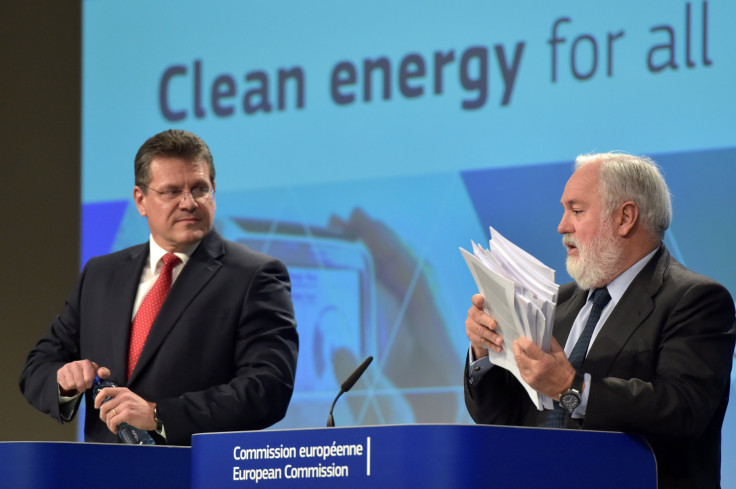Apple's Clean Energy Initiative: Company Backs Trade Association Supporting Energy Storage Legislation

Apple has been a supporter of clean energy for long, and CEO Tim Cook even stated in November that the company’s headquarters in Silicon Valley would be the “greenest building on the planet” as it sources out 94 percent of its energy needs from renewable sources such as solar and biogas. The company also aims to move its data centers to 100 percent clean energy use soon.
On Saturday, an energy association — the Advanced Energy Economy, which includes Apple along with Johnson Controls, Schneider Electric, GE, AES, SunPower and First Solar — conveyed its support for a proposal from the U.S. energy regulator, the Federal Energy Regulatory Commission (FERC), which would make it easier for companies to participate in wholesale markets for energy storage and distributed energy resources.
“The Notice of Proposed Rulemaking was issued in November last year [2016] and proposed to integrate electricity storage into organized markets, specifically the wholesale markets operated by the U.S.’ Regional Transmission Organizations and Independent System Operators, which between them ensure the reliability of the majority of the country’s electricity supplies… In order to remove barriers to participation in these markets, RTOs and ISOs would be required to alter tariff structures in order to recognize specific characteristics of energy storage resources and give energy storage operators a new classification for their assets.” according to the proposal.
Currently, companies face many barriers when it comes to participating in wholesale energy storage markets. If the proposal goes through, it would mean that the FERC rules on power grid connections which govern the kind of devices companies can connect to the grid might be relaxed. Battery systems could actually generate income for companies, making large-scale commercial/industrial scale batteries more financially viable.
© Copyright IBTimes 2024. All rights reserved.











